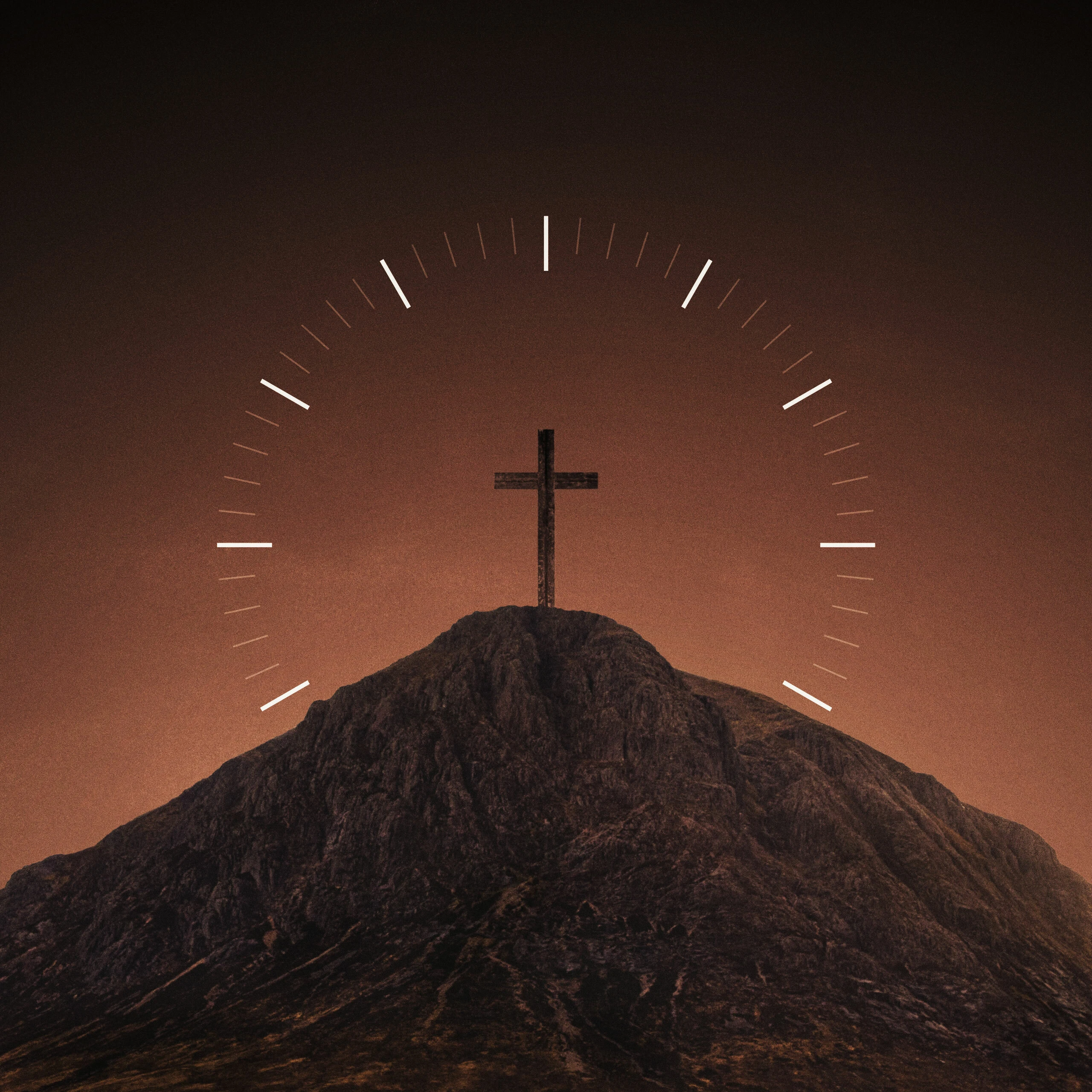When Did Jesus Die?

Every year, Christians around the world celebrate Easter, the holiday that commemorates the resurrection of Jesus Christ from the grave. The death of Jesus of Nazareth is not only a religious remembrance but also a historical fact. There are several literary references to Jesus of Nazareth in the first and second centuries outside of the Bible (such as Tacitus, Josephus, Philo, and the Talmud).
While the Bible does not list a date for the crucifixion in the way that we expect in modern times, there is no denying the time and place. Understanding the context of this historical fact, we use the same logic with which we answer the question, “Was Jesus in the grave for three days?” The historical death of Jesus of Nazareth is widely recognized by His crucifixion on Friday, April 3, AD 33, at the ninth hour (3 p.m.), at Golgotha, near the city/outside the city gate of Jerusalem. Golgotha, meaning “Place of a Skull” in Greek, was an ordinary place for the crucifixion of criminals at the hands of the Romans.
The significance of Jesus’ very public death should be considered. The Gospel accounts reveal the plot to kill Jesus and His trade for the prisoner Barabbas, who was pardoned and released at the Passover feast (see Matt. 27; Mark 14–15; Luke 23; John 11; 19). Pontius Pilate, the fifth governor of Judea, whether bullied or in collusion, ordered the immediate execution of Jesus. The execution method was created to allow for no secrecy and no illusions of death, as it included multiple forms of torture until extermination, with crowd participation in humiliation at this open-air spectacle.
Further, the moment of Jesus’ death has been recorded, with the Gospel writers recounting the voiced opinions of the two robbers who were crucified beside Him (see Matt. 27:38–44; Luke 23:32–43). Jesus’ last words are also recorded, including, “It is finished,” offered with a last cry as He “gave up his spirit” (John 19:30; see also Matt. 27:50). Mark records the reaction of a key onlooker, the centurion, who “saw that in this way he breathed his last,” and exclaimed, “Truly this man was the Son of God!” (Mark 15:39).
The historical death of Jesus of Nazareth is widely recognized by His crucifixion on Friday, April 3, AD 33.
Some arguments challenge the timeline of Jesus’ death and resurrection, including the swoon theory, which claims that Jesus did not die on the cross but merely lost consciousness. Even if this were possible, the reality of time tells us that, at some point, Jesus of Nazareth did, in fact, die. The historical and Gospel accounts showcase the significance of the timing and the means of His public death on a cross. Though Jesus’ death was extreme, it was not random or outside God’s sovereign control; rather, “At the right time Christ died for the ungodly” (Rom. 5:6, emphasis added).
In this, we come to understand that Jesus’ death on the cross not only was a physical event, but it also reveals spiritual reality. His death was unique as a sacrificial and covenantal death. This is the gospel. Jesus is not simply a good man or a wise teacher; He is the last Adam. The Apostle Paul explains, “For as by the one man’s disobedience [Adam] the many were made sinners, so by the one man’s obedience [Jesus] the many will be made righteous” (Rom. 5:19). Because Jesus is the God-man—just as the centurion recognized—the offering He makes in His flesh is eternal for those who are united to Him.
The death of Jesus of Nazareth should bring up many other questions: Who is Jesus? Why does the world still talk about His death? Why are all living things subjected to death at all? The Bible answers all these questions and helps us contemplate our own death. The picture of the cross forces us to recognize that though we may never be convicted of a crime in a court of law, we are still sentenced to death. Though we may do our best to deny our mortality, there is nothing like an unexpected threat of death to make us confess the frailty of life and our inability to be completely prepared for its end. We must be honest with ourselves as God our Maker has been honest with us: “The wages of sin is death” (Rom. 6:23). In this, we rejoice at the death of Christ because it was “for our sake [that God] made him to be sin who knew no sin, so that in him we might become the righteousness of God” (2 Cor. 5:21).

